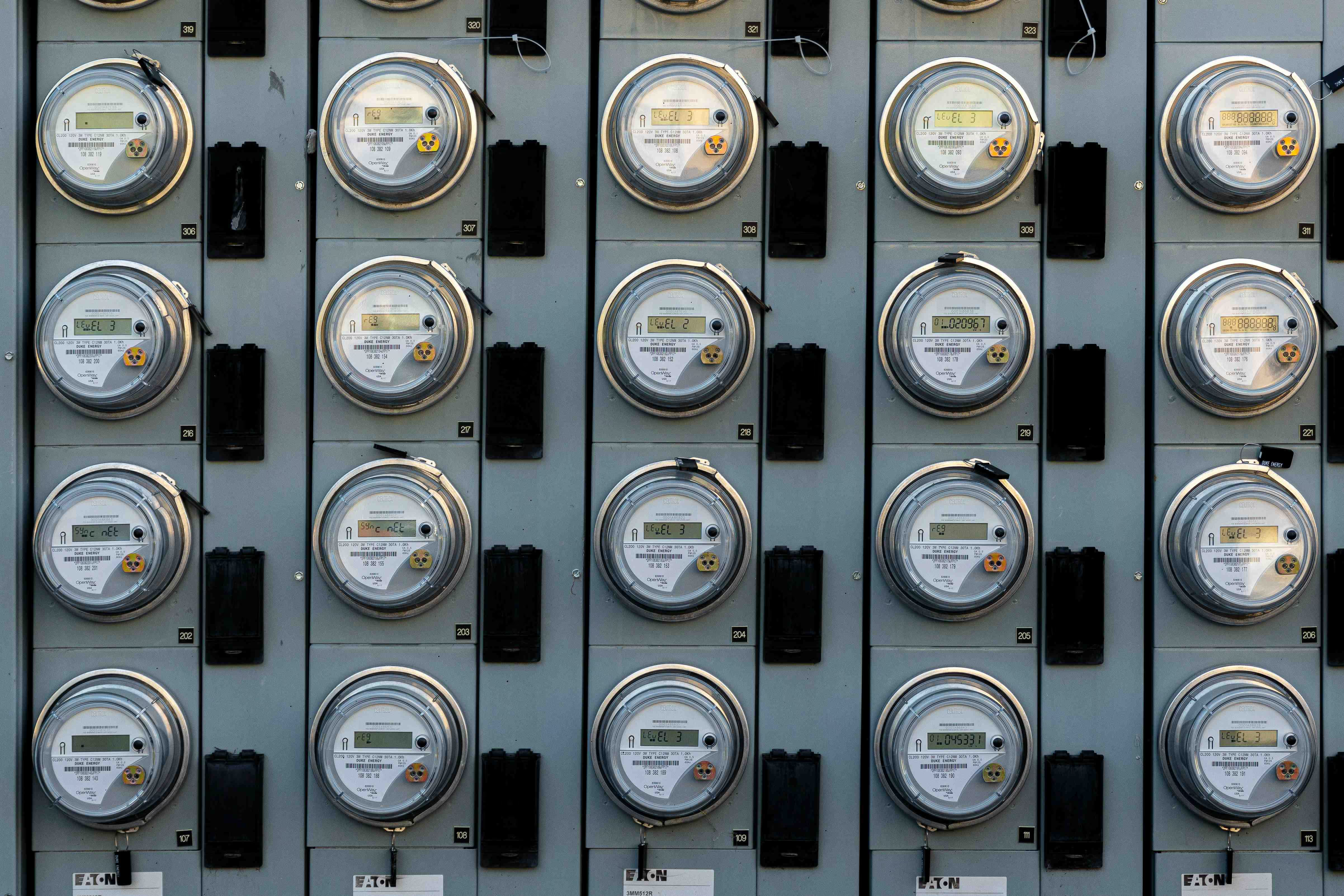Owning residential rental property can be a lucrative investment but comes with its fair share of risks. Securing the proper homeowner's insurance policy is one of the most critical aspects of protecting your investment. However, not all insurance policies are created equal, and as a rental property owner, it's crucial to understand what to look for to ensure adequate coverage. This guide will outline critical considerations for residential rental property owners when selecting a homeowners insurance policy.
Dwelling Coverage: The dwelling coverage portion of your policy is essential as it protects the physical structure of your rental property from covered perils such as fire, windstorms, vandalism, and more. Ensure the policy provides enough coverage to rebuild or repair the property in case of damage.
Liability Coverage: Liability coverage protects you if someone is injured on your rental property and sues you for damages. It's vital to have sufficient liability coverage to safeguard your assets in the event of a lawsuit. Look for policies that offer high liability limits to ensure adequate protection.
Loss of Rental Income Coverage: If your rental property becomes uninhabitable due to covered damage, loss of rental income coverage can compensate for the rental income you would have earned during the repair period. This coverage can be crucial for maintaining your cash flow while your property is restored.
Personal Property Coverage: While your tenants' personal belongings are generally not covered under your policy, personal property coverage can protect any items you keep on the rental property, such as appliances or furniture provided with the unit.
Additional Structures Coverage: If your rental property has other structures on the premises, such as a garage or shed, ensure your policy includes coverage for these structures. This ensures they're protected against the same perils as the main dwelling.
Natural Disaster Coverage: Depending on your property's location, you may need additional coverage for natural disasters such as earthquakes, floods, or hurricanes. Standard homeowners insurance policies typically don't cover these events, so you may need to purchase separate policies or endorsements for adequate protection.
Replacement Cost vs. Actual Cash Value: Choose between replacement cost and actual cash value coverage when insuring your rental property. Replacement cost coverage pays to replace or repair your property at current market prices, while actual cash value coverage takes depreciation into account. While replacement cost coverage may have higher premiums, it provides more comprehensive protection.
Deductibles: Consider the deductibles associated with the policy. A higher deductible typically means lower premiums, but you'll need to pay more out of pocket before your insurance kicks in. Choose a deductible that you can comfortably afford in case of a claim.
Tenant-related Coverage: Some policies offer coverage for tenant-related issues, such as loss of rental income due to tenant default or damage caused by tenants. Depending on your specific situation, this coverage may be beneficial.
Legal Assistance Coverage: Legal assistance coverage can help cover legal expenses if you need to take legal action against a tenant or if you're sued by a tenant or third party. This coverage can be valuable for navigating landlord-tenant disputes or other legal issues.
Before purchasing a homeowners insurance policy for your rental property, carefully review the coverage options, limits, and exclusions to ensure it meets your needs. Additionally, consider working with an experienced insurance agent who can help tailor a policy to your specific situation. Investing in the right insurance coverage can protect your rental property investment and allow you to enjoy greater peace of mind as a landlord.



